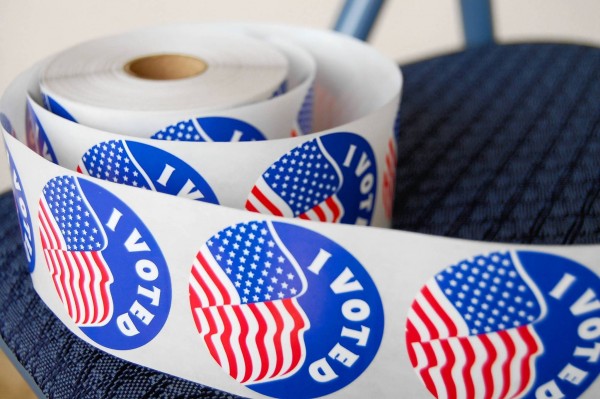California Legislature Approves Election Day Registration


On Thursday, the California State Senate passed a bill to allow Election Day Registration (EDR), which will allow citizens to register to vote up to and on the day of an election.
The bill, AB 1436, passed the State Assembly in May. The bill will now return to the Assembly for a final vote before going to the desk of Governor Jerry Brown for final approval. However, if the bill does become law, which is likely, it will not take effect until 2016.
The passage of EDR by the California legislature goes against a national trend of making voter registration more difficult. Maine, Florida, Texas, Tennessee, Kansas, Alabama, Georgia and Arizona have put restrictions on voter registration through various means including limiting EDR, requiring identification for registration and making it more onerous for third-party individuals and groups that help people register, according to the Center for American Progress.
In 2011, citizens in Maine reversed the legislature's elimination of EDR at the ballot box through the initiative process.
While California is attempting to ease voter restrictions with the passage of AB 1436, other states are going in the opposite direction with the intention of eliminating voter fraud. However, while voter fraud is not something to be taken lightly, statistics show that incidences of voter fraud are quite rare.
According to a study done by the Brennan Center for Justice, voter fraud is a rare occurrence, happening just 0.0009 percent of the time during the Washington State gubernatorial election in 2004, and just 0.00004 percent of the time in the 2004 election in Ohio.
Statistics show that EDR has a more profound effect on voting activity than does voter fraud. Allowing people to register to vote through Election Day brings about a seven percent increase in voter participation in the average state, according to a study done by Craig Leonard Brians of Virginia Tech and Bernard Grofman of UC Irvine.
In addition to the issue of voter participation, there is also the issue of constitutionality. Kansas, Alabama and Tennessee have passed laws that require citizens to present either a birth certificate or passport in order to register to vote. If citizens do not have the needed documentation to register, they are required to pay in order to procure a birth certificate, which the Center for American Progress calls "an almost certain violation of the 24th Amendment's ban on poll taxes".
Georgia, Texas and Alabama's legislation restricting voter registration is currently under review by the Justice Department to determine if the laws comply with the Voting Rights Act.
It would appear that registration suppression is a clear violation of the spirit of the Voting Rights Act, at least. When President Johnson spoke before a Joint Session of Congress in 1965 to urge the passage of the Voting Rights Act, he said, "It is wrong—deadly wrong—to deny any of your fellow Americans the right to vote in this country."
While California has taken a step to encourage voter registration, and thus participation, the trend in several other states is to move in the opposite direction, making registration and democratic participation more difficult for citizens.



